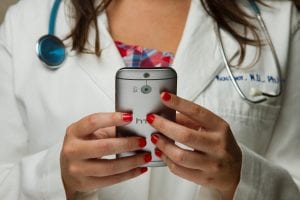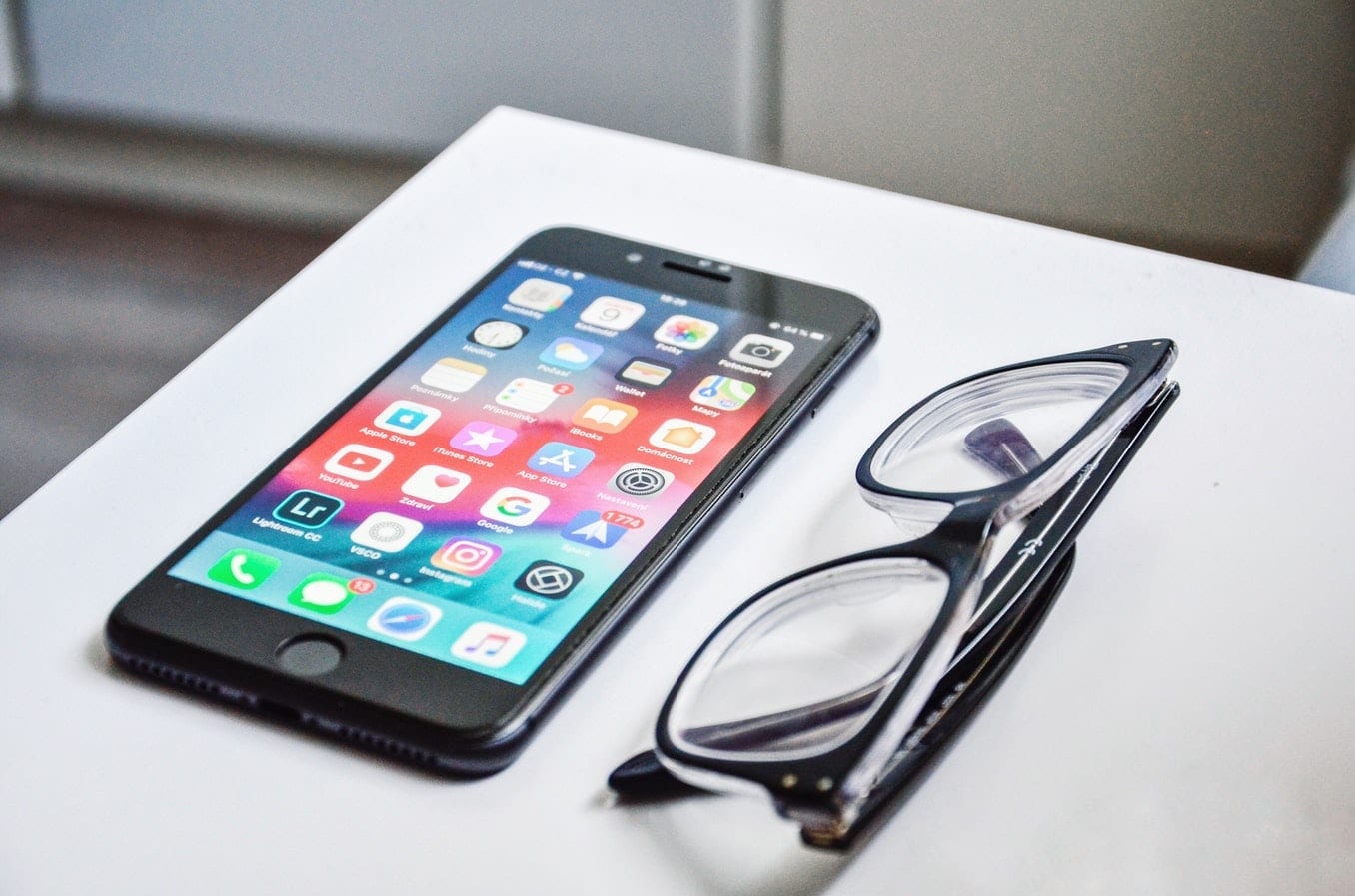In the long run, health care organizations, industries, companies, individuals and businesses need to accept the move from manual to digital health services.
The development of the human race lies in their ability to make significant changes in important aspects of their lives. A society that is docile will not experience positive changes, unlike an active and willing society.
One of the most significant aspects of human life is Healthcare. Healthcare is responsible for the creation and maintenance of human lives and well-being. To enjoy a healthy life, society must possess good Healthcare that would serve its purpose well. Good health is integral to happiness and prosperity. It is also vital for the growth of an economy, and the world at large. Developed countries across the world have established a revamped Healthcare that allows the combination of automated machines and human labor to get speedy and effective delivery.
With the growth of science and technology in the early 19th century, Healthcare has improved rapidly. The need to save lives and the necessity of time attached to life has given Healthcare a huge boost. Unlike before, when access to basic health amenities were rights reserved for the rich and connected, the emergence of technology has made it possible for anyone to get access to quality service.
Healthcare encompasses diagnosis, prevention, treatment, etc. Over the years, several ideas have sprung up on how to make it easy for Healthcare to be very accessible to people. Scientists, data analysts, and specialists from various fields have come together to build some of the world’s best inventions that would change the life of humans for good.
Millennials are known to be ocean waves — they flow with force and clear whatever stands in their way. Millennials control every aspect of the development of the human race and won’t stop anytime soon. The urgency and the obsession with finding the quickest way possible has given a massive impetus to the rapid growth of Healthcare.
How Millennials Impact the Future of Healthcare
The future of Healthcare looks increasingly bright, and here are some of the ways millennials are the ones illuminating it from all angles.
Millennials are Tech-Savvy
In this age where smartphones are cheap and the Internet is accessible by almost everyone, millennials have an added advantage. They can formulate ideas and come up with automated hardware and software that can help people. Nowadays, there are health apps and gadgets that make going to see a doctor unimportant. With some smartphones, a patient can check his heart rate, blood pressure, calorie intake and eye problems. This eliminates the necessity off seeing a doctor before getting first-hand information on health issues.
They Avoid Doctors as Much as They Can

Millennials seem to avoid seeing doctors. This doesn’t mean that they don’t trust these doctors, but they believe that seeing a doctor makes their problems look big. Also, bills, the familiar smell of the hospital, the stress, and the long queue contribute to this situation. For patients who are easily irritated by the hospital environment and are sensitive to the plights of other patients, seeing a doctor can be distressing.
They Make Use of Various Information Scattered on the Internet
The Internet is filled with information on almost everything. Millennials are known to always check the Internet for signs and symptoms of what they are experiencing, and how to rectify them. A lot of people in the present day take prescriptions and suggestions off the Internet from verifiable and legitimate sources. There’s also the option to call, mail or chat with doctors from wherever you are across the world.
The new generation has brought massive changes to the usage and application of healthcare equipment, and it will continue to bring more positive changes.
Where there’s good health, productivity soars, and there’s a healthy environment, which makes it easier to think and innovate.
The increasing demand to move from manual/analog services to digital has seen the rise of machines that can treat terminal diseases and those that can diagnose within minutes.
To Millennials, Time is Essentially Money
This is because most of the millennials know how important time can be due to the nature of their jobs, and the current cost and standard of living. Also in the current age of telecommunications and social media, many millennials work from home. This means they have very little time to book an appointment or visit a doctor. Time is very important, which is why healthcare needs to be swift, efficient and effective. For those who want to visit the clinic or see a doctor, they want to be attended to in no time, and they want to get solutions to their problems quickly enough. Most millennials do not have the patience to wait for the manual processes. They need immediate action, and hospitals have to adapt to their demands or get left behind.
What Changes Does The New Generation Bring?
Nowadays, medical professionals are starting to set up online clinics to make more money and attract more patients. Healthcare facilities and equipment need rapid growth if they are to meet the expectations of the current millennials who are obsessed with the digital way.
A quick look at the services offered by the Cleveland Clinic makes it understandable why they are rated the second-best hospital in the United States. The Cleveland Clinic allows for mail appointments, state of the art machines and equipment, and fast medical service that caters to an average of one million same-day appointments annually. This is the type of Healthcare services millennials want, and they are not going to stop until they get it.
Due to the increase in the cost of living, and the threat posed by AI in displacing millennials’ jobs, millennials are very conscious of the way they spend money. There’s a likelihood that the current age of millennials will struggle to find jobs or keep their present ones. They care about health costs, and that’s why they are interested in getting an estimated cost upfront to know if they will go ahead or not. To make this possible, there are various digitized options where they can search for costs and make estimates on their own. Also, clinics and hospitals provide content on estimated costs on their websites. Patients can also mail, or call to find out how much a certain treatment is going to cost. The need for this has prompted health facilities to employ technology so as to appeal to the demand of the people. According to the Employee Benefit Research Institute, millennials always research ahead to know whether their health care is covered by their insurance or if they have the financial capacity to go ahead with it.
Having effectively created an environment that has to meet up with the growth of science and technology, business owners and healthcare providers have to meet the millennials’ expectations. Businesses and healthcare providers must strengthen their digital knowledge, and build a social presence online that makes it easier for people to contact them using popular web channels, social media platforms, and applications. The two leading operating system producers for smartphones have made it possible for health apps to be available on their application stores. A quick search will bring out similar results, and will also include the reviews and ratings so that people can know which is best to download. It is advisable that healthcare providers and professionals should endeavor to build sustainable mobile applications and solicit reviews and ratings from customers. These applications should have a friendly user interface and should be easily accessible to the layman. Also, applications on mobile and web should have updated information that explains why and when a patient should do something. Millennials love honest reviews, which is why business owners in healthcare should endeavor to stay true to their descriptions.
As a health services provider, eliminate unwanted and unnecessary medical terms that complicate and confuses your customers. Complicated medical terms can put off a new user and make them seek another platform where it is easy to comprehend the information laid out. Try to indicate your pricing and costs of treatment. Millennials love it when they get first-hand adequate information without having to roam about online. The moment your pricing matches the estimated amount of cost, your services would be referred to a lot of people because you have established trust through honesty. It is also imperative to add several features like online payment, a direct call to a customer service agent or a doctor, the option to make, reschedule or cancel an appointment.
As a way of meeting up with the demands of millennials, health services should employ more customer care services to listen to patients and give them advice on the best step to take. It’s easier now to offer health services online than with physical contact. Online health services mean that you can reach a wider audience, and people don’t have to worry about your location before contacting you. Also, it makes it easy for people who are immobile or in faraway countries to have access to quality healthcare services at a cheaper cost.
Conclusion
In the long run, health care organizations, industries, companies, individuals and businesses need to accept the move from manual to digital health services. Failure to meet up with the demands of the millennials can cause you to run out of business quickly.


Join the conversation!